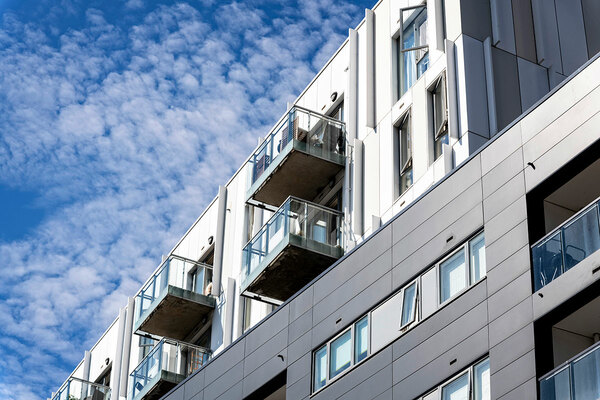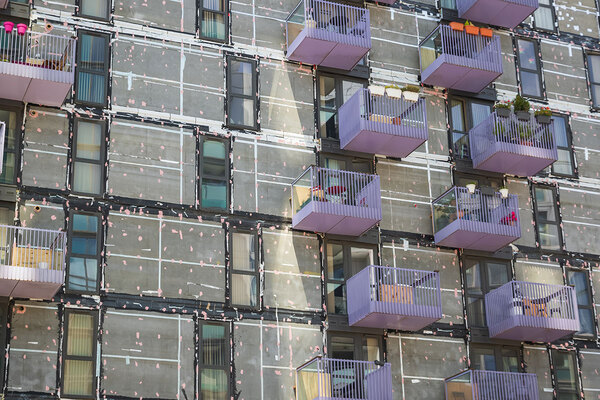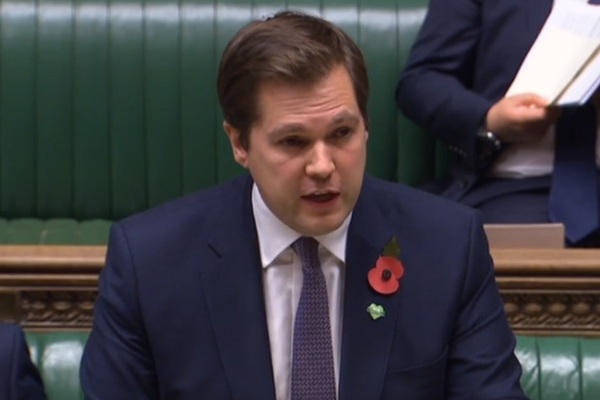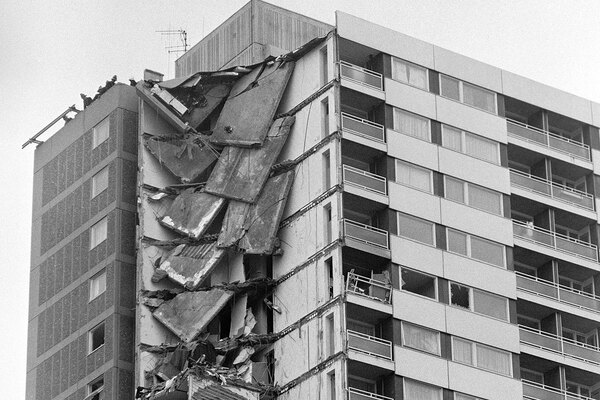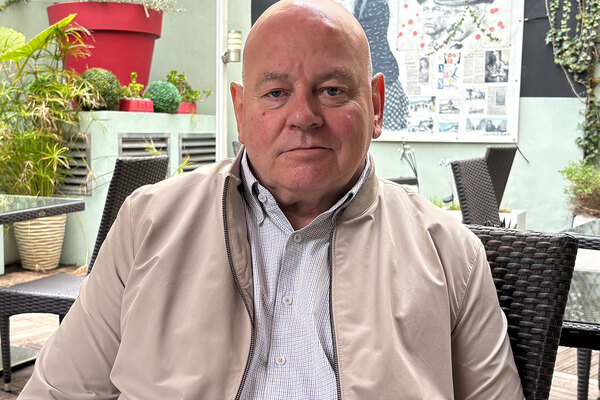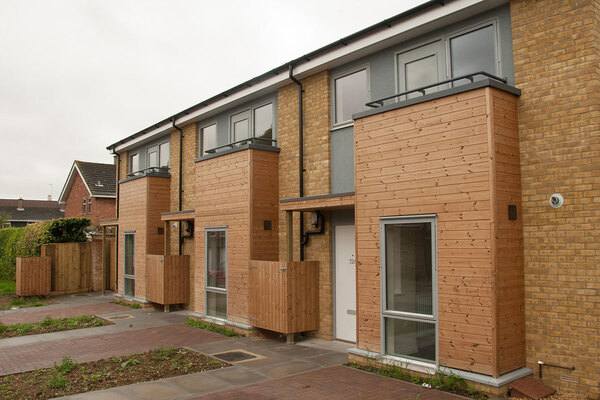Leaseholders ‘betrayed’ by £3.5bn cladding fund, say campaigners and MPs
Campaign groups and MPs have expressed their disappointment at an extra £3.5bn for cladding remediation, arguing that the government’s proposals do not go far enough.
The End Our Cladding Scandal (EOCS) campaign group, representing leaseholders impacted by the building safety crisis, said the extra funding only solves issues for some leaseholders.
“The government promised us that no leaseholder would have to pay to make their homes safe. Today, we feel betrayed. We were hoping for a solution to stop sleepless nights and for millions living in buildings less than 18m – there has been none,” the group said.
Robert Jenrick announced the extra £3.5bn in parliament today, but said the funding is limited to those buildings taller than 18m. He also announced a long-term loans scheme for buildings below 18m, capped at £50 per month.
The housing secretary also unveiled a new levy for developers seeking permission to build high-rise blocks in future, which he said will raise £2bn over the next decade.
The EOCS group said these loans were longer than mortgage terms and are “not even enough to cover the cost of making buildings that the government consider most high risk safe”.
The campaign group also said: “Where is the money for missing fire breaks, alarms or for cladding on buildings under 18m?”
Shadow housing secretary Thangam Debbonaire said the announced was “too late for too many”, adding: “It’s a repeat of undelivered promise backtracks on the key on that leaseholders should have no costs to pay.”
Stephen McPartland, Conservative MP for Stevenage, said Mr Jenrick’s announcement was “a betrayal of millions of leaseholders”, while London mayor Sadiq Khan said it was “shameful” that the government is making leaseholders pay to fix building safety issues.
Mr Khan added: “While further financial support is welcome, the funding proposals announced today amount to a leaseholder lottery – they are not a solution for all unsafe buildings and fail to protect many leaseholders from facing huge costs.”
Grenfell United, a group for families affected by the Grenfell Tower tragedy, also claimed the announcement was “too little, too late”.
It added: “Residents living in unsafe homes will go to bed tonight worrying if their building will qualify or be left out once again. And bereaved and survivors of Grenfell will lay awake fearful that what happened to us could still happen again.
“Funds need to be available and residents shouldn’t be forced into loans and new debt just because of the height of their building. It’s completely unfair to pile more financial strain on leaseholders for a problem that has been caused by developers and the construction industry.”
Mr Jenrick’s announcement came as an Inside Housing survey found that one in six leaseholders impacted by the cladding crisis are facing bankruptcy.
Mark London, a partner at Devonshires, said: “This will come as welcome news for leaseholders who are facing the prospect of having to contribute towards the cost of removing unsafe cladding. However, the additional funding only applies to buildings over six storeys or 18m in height – subject to the caveat that some types of external wall system may yet be excluded from the Building Safety Fund (BSF). For those in buildings of four storeys or less, they are on their own.
“The reference to cladding only and not to the wider external wall systems raises the possibility that the government might try to restrict the number of buildings currently in scope for funding under the BSF on the basis that the risk posed by them is minimal, in the government’s opinion. Will there, for example, be a change to building regulations to deem certain external wall systems ‘safe’?”
Update: 09:10am, 11.02.21:
This story was amended to clarify Stephen McPartland is a Conservative MP, not Labour as previously stated.
Sign up for our daily newsletter
Already have an account? Click here to manage your newsletters
Sign up for our Retrofit Challenge Virtual Summit
If topics such as those mentioned in the above article are of interest to you, register for our Retrofit Challenge Virtual Summit here.
